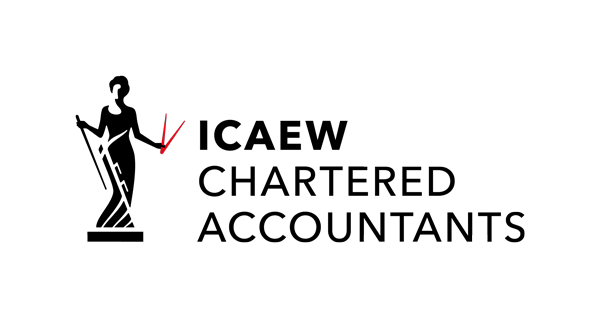FAQs
Got a question? We’re here to help.
-
Who do Kubed Solutions provide services for?
At Kubed Solutions, we work with individuals and small to medium-size businesses (both self employed and limited companies), to help them understand their bookkeeping in order to ensure that they stay on top of their finances, taxation and accounting compliance.
-
Do I need a business bank account?
We highly recommend that you maintain a separate business bank account if you are running a business. This way your business transactions are kept separate and allow you to keep your business accounting records organised.
We recommend that you avoid using your personal bank account when paying for business purchases, if funds are short in the business bank account, you can always make a payment from your personal bank account into the business account (as a loan) and proceed to pay for the item/service with the business bank account.
-
Do I need to be VAT registered?
If your turnover is below the current threshold of “£85,000” in any 12 months then you don’t have to be registered, however, you could benefit from voluntary registration.
-
When is my VAT due?
If you are VAT-registered, it's due quarterly depending on your registration arrangements. You will be made aware of your VAT quarters once you have registered. At Kubed Solutions, we can prepare and submit your VAT Returns on your behalf. All you would have to do is pay any liability due, and HMRC can take this payment by Direct Debit too.
-
When are my accounts due to be filed?
Typically, your Accounts will be due for filing 9 months after your company’s year-end. This may change if you’ve made any changes to your company year-end in the period.
-
What is Bank reconciliation on a cloud based accounting software?
If you use cloud based accounting software like Xero or QB, you should have your business bank connected to the software. This makes reconciliation smoother.
Reconciliation means to allocate a bank transaction to the corresponding expense, income, asset or liability account. This allows the bank balance and accounting software bank balance to match.
Please remember to not connect your personal bank account to the software. This may lead to problems and confusion.
-
What if I make a business payment from my personal bank account?
If you happen to make a payment for the business from your personal bank account or personal credit card this is the journal entry to make:
- Debit: Expense or asset (that is paid for)
- Credit: Directors loan account
-
Should I attach bills and invoices?
When you record an expense or asset purchase please ensure you attach a supporting invoice or bill in your accounting software, so it’s easier to trace. There is also a place to add a note or narration (explanation) and it’s always best practice to do this. This practice will make your life much easier in the long run!
-
What if I receive a refund for an expense incurred?
If you receive a refund for an expense, you reverse the original entry made. For example, if you paid for a marketing expense from the business bank account the entry for a refund would be:
- Debit: Bank account
- Credit: Marketing expense
If paid using your personal bank account or personal credit card -
- Debit: Director’s loan account
- Credit: Marketing expense
-
Should I conduct a stock count?
Please ensure you have a stock count at the end of the year. Raw materials and finished stock need to be counted. At the end of every year, a stock count needs to be made in your accounts to record this as an asset and to also work out the cost of goods sold.
Keeping the inventory count accurate is essential because you need to know how profitable the company is. Lenders rely on inventory as a form of loan collateral. Stockholders look to inventory-based ratios to evaluate financial strength.
-
Year end finalisation best practices?
At year-end, when accounts are finalised for filing, please ensure your accountant or you pass journal entries in your accounting software to ensure that your accounting records match the filed accounts. If this is not done it can create problems in future years’ accounts preparations.

